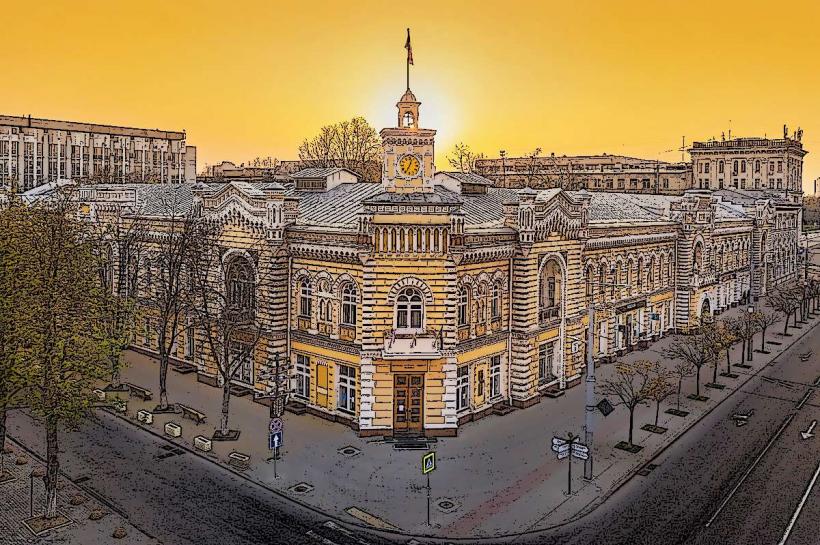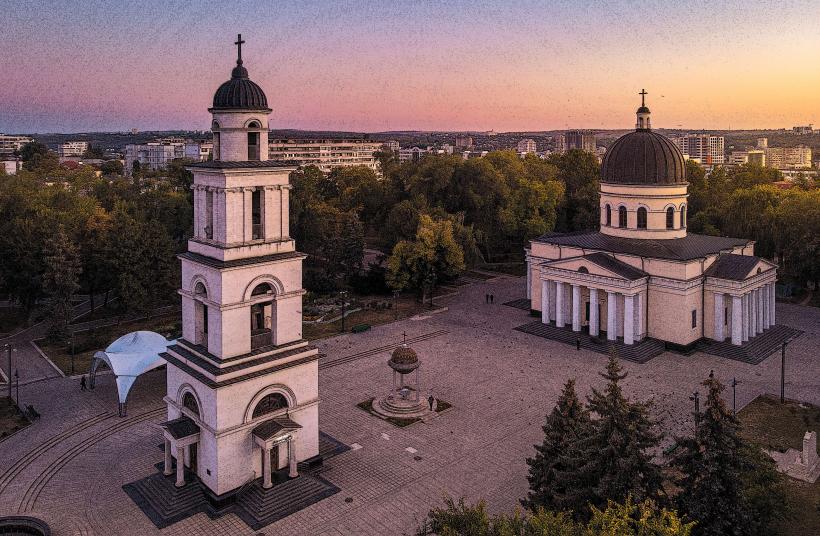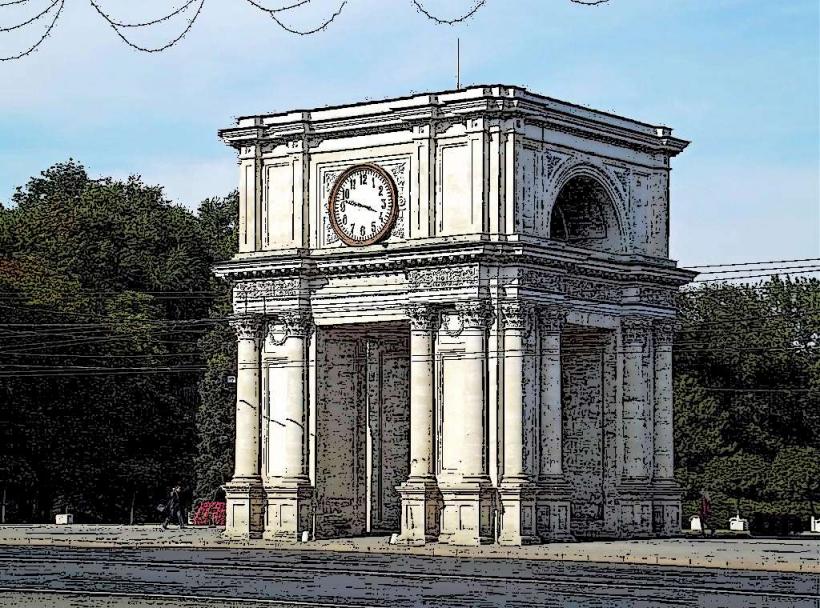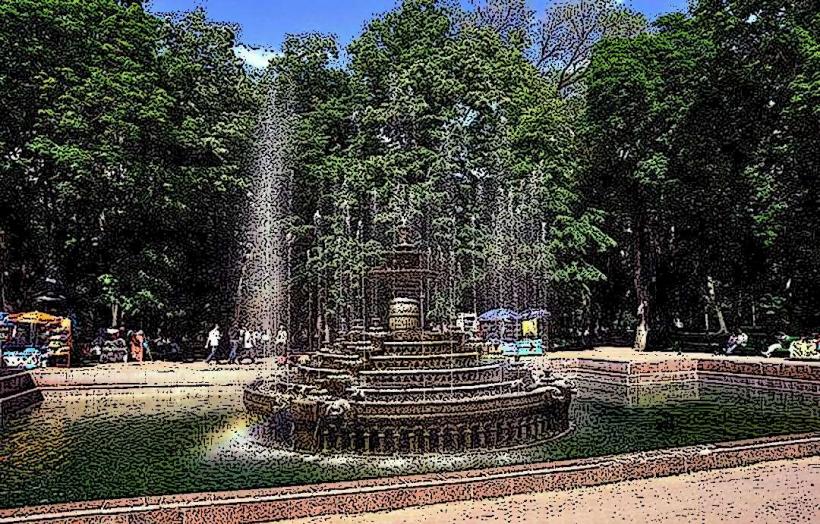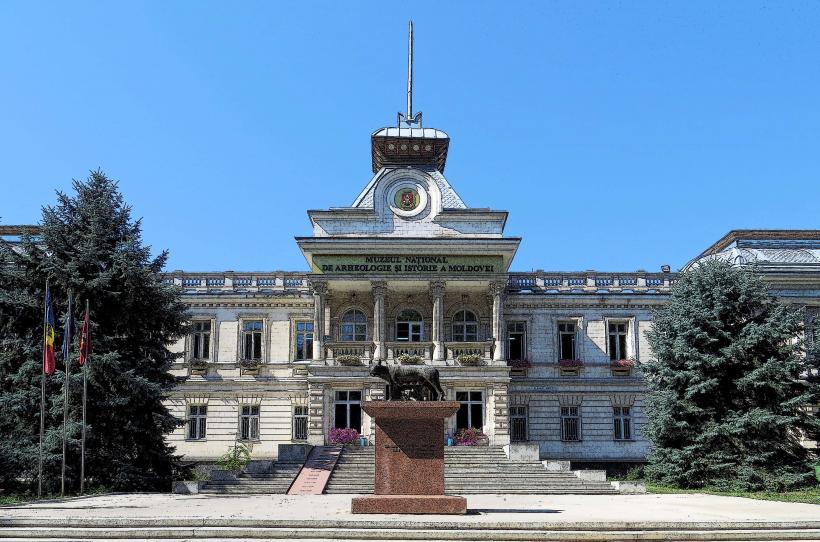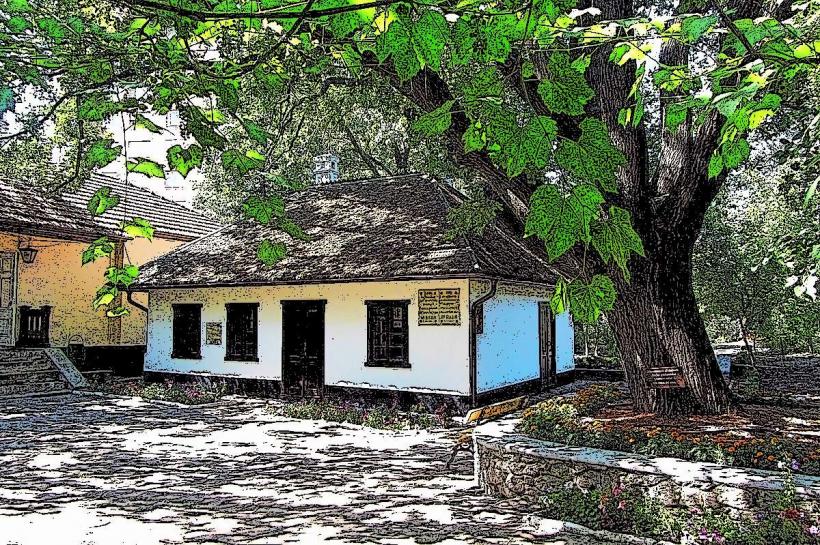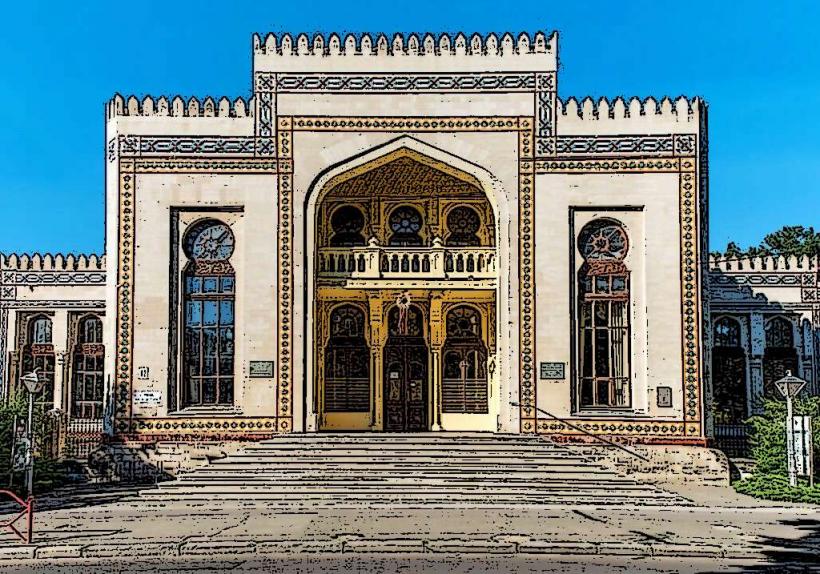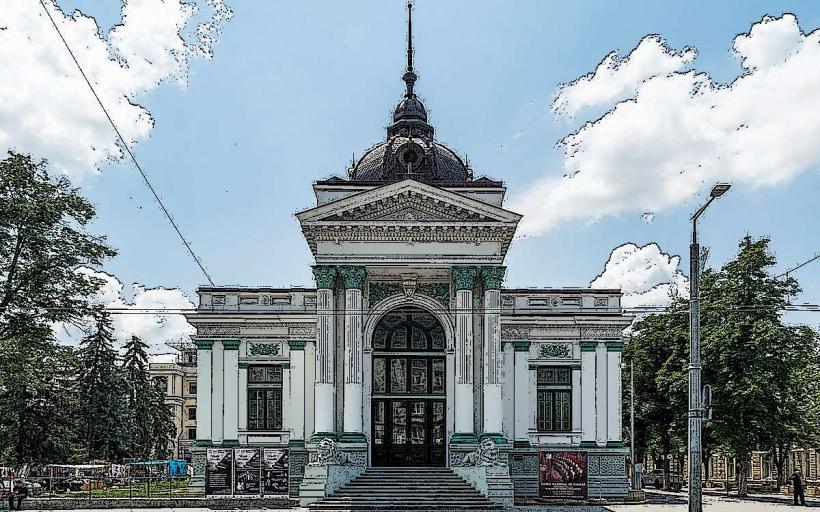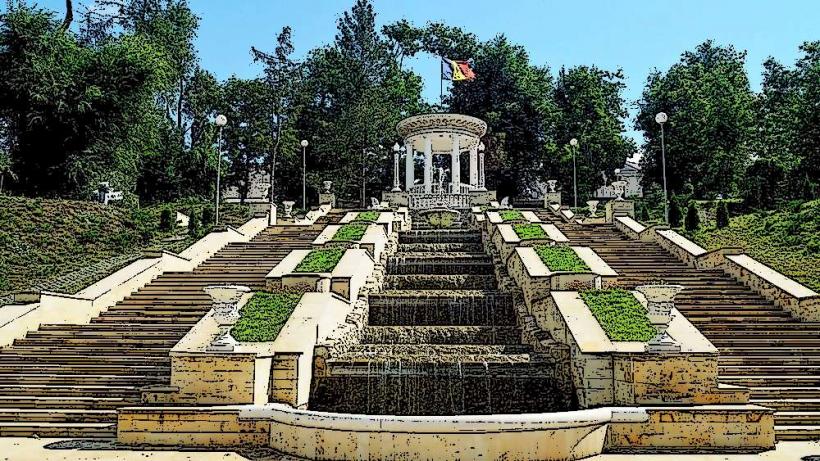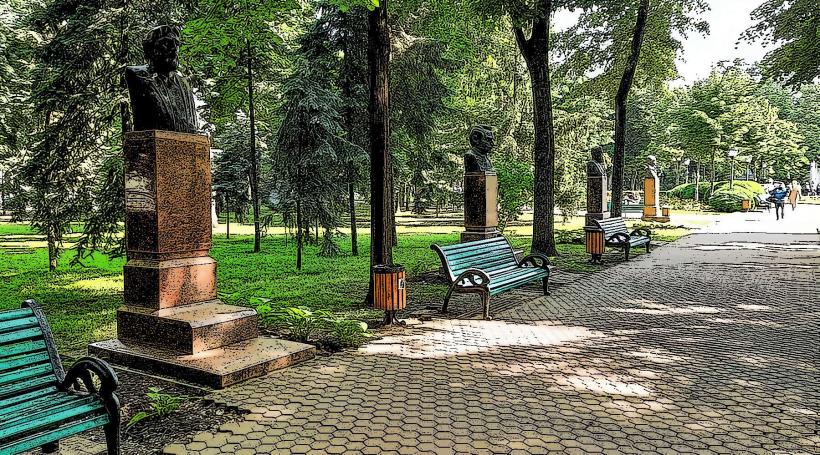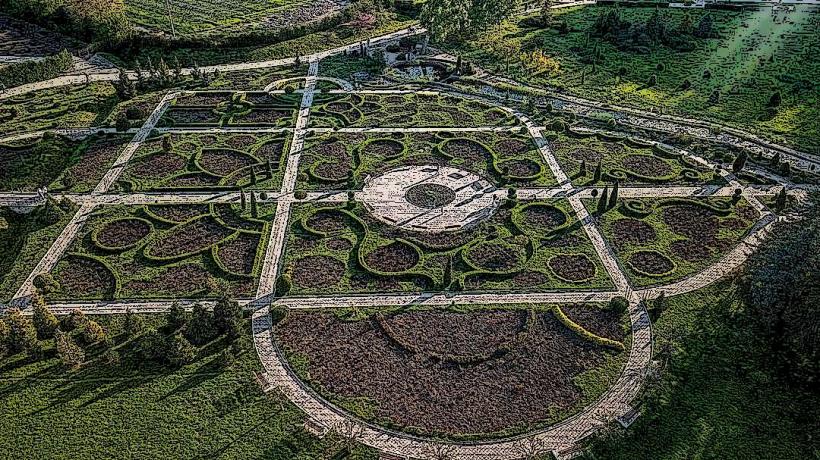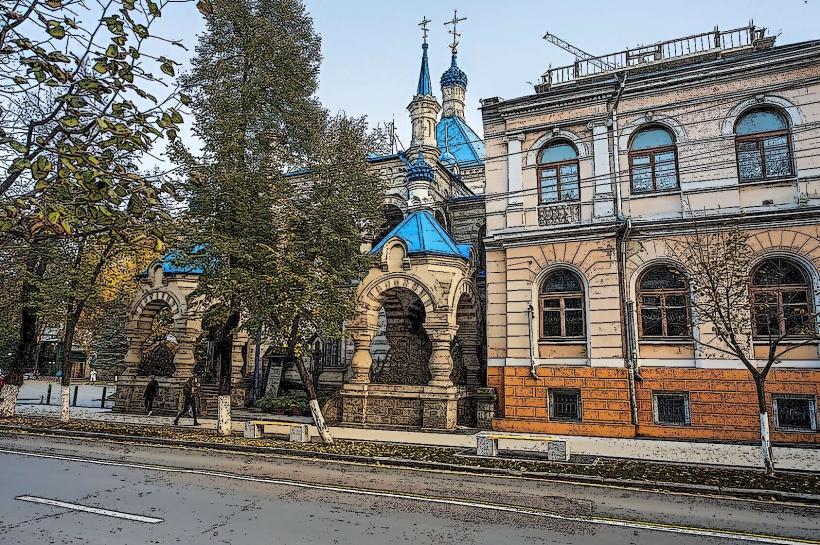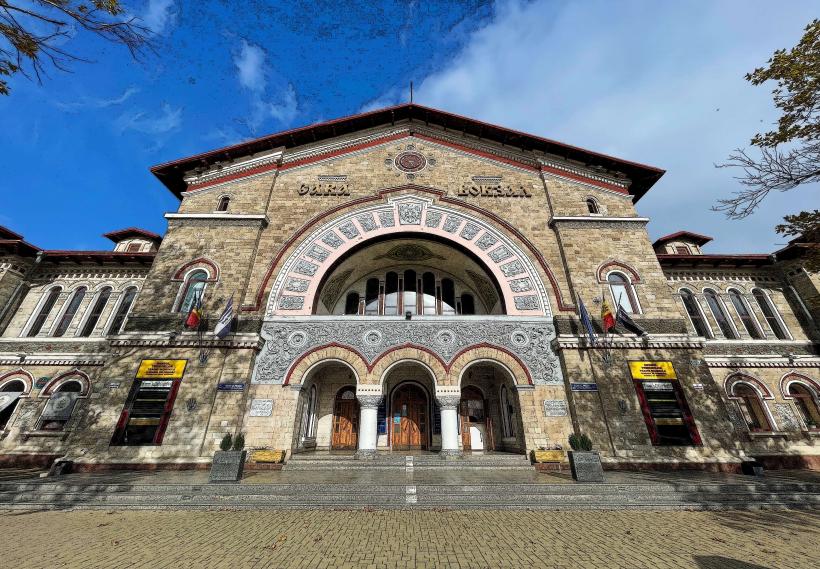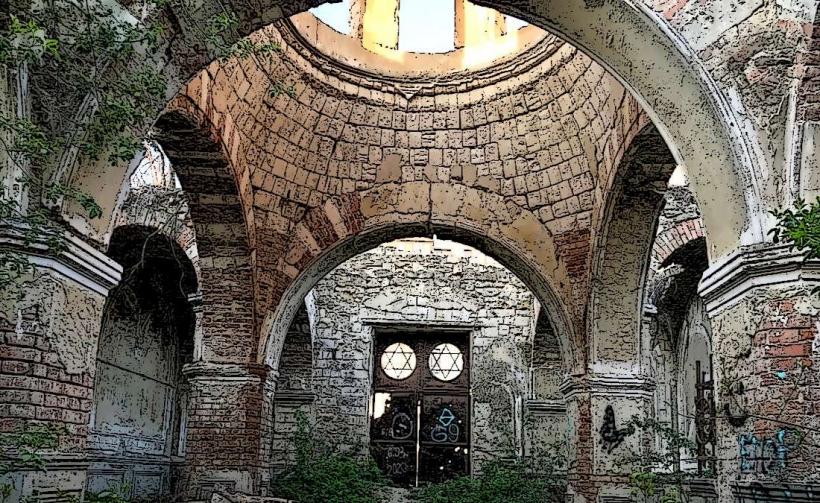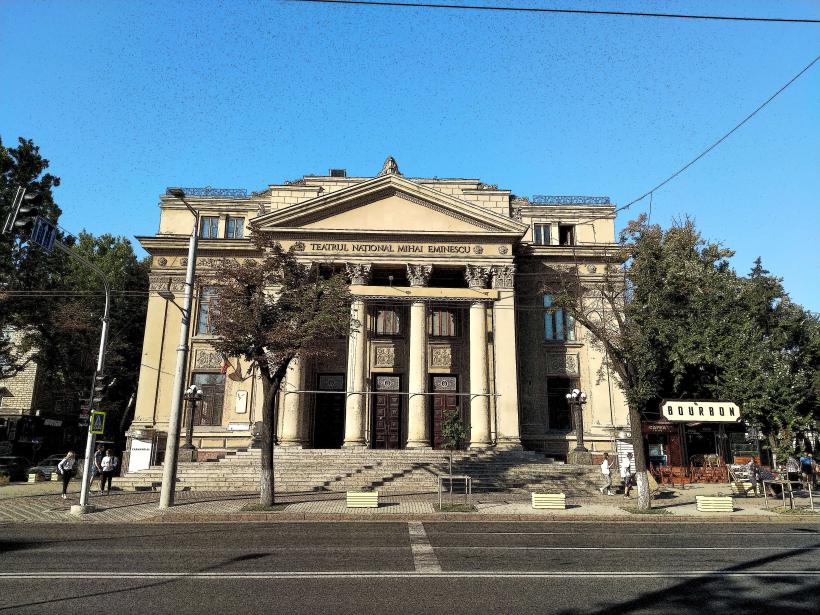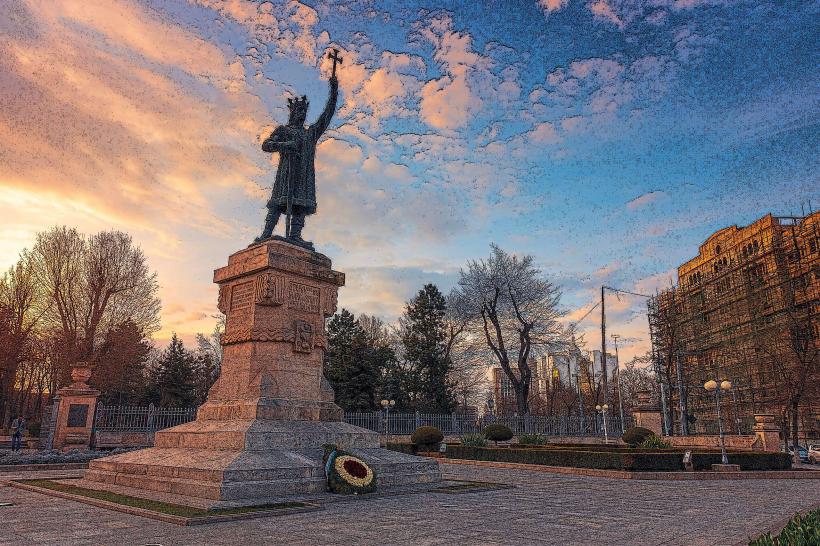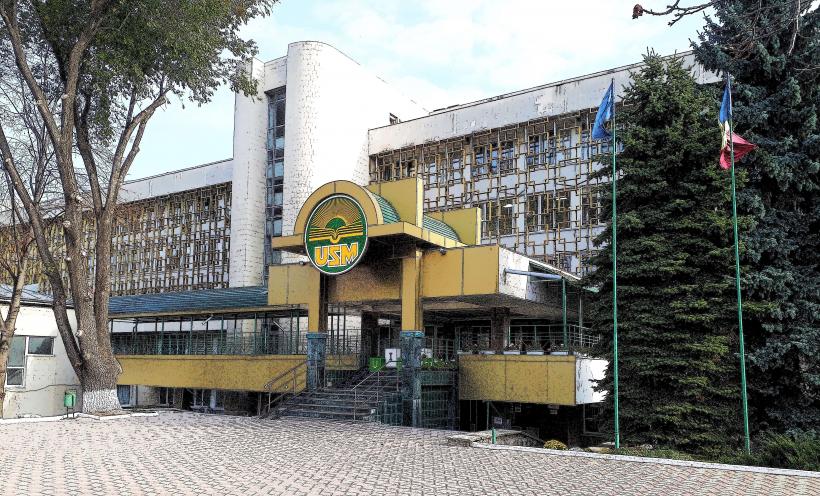Information
Landmark: House-Museum of Alexei MateeviciCity: Chisinau
Country: Moldova
Continent: Europe
House-Museum of Alexei Mateevici, Chisinau, Moldova, Europe
The House-Museum of Alexei Mateevici (Casa-Muzeu Alexei Mateevici) is a museum dedicated to the life and work of Alexei Mateevici, a prominent Moldovan poet, theologian, and philosopher. He is best known for his poetry that reflects themes of national identity, patriotism, and spirituality, and he is considered one of the most significant figures in Moldovan literature.
Location and Historical Significance
Located in Zăicana Village: The House-Museum is situated in Zăicana, a village in the Căușeni District, approximately 80 kilometers from Chișinău. This location is significant because it was where Alexei Mateevici spent part of his childhood, and the house is closely linked to his formative years.
Historical Context: The museum was established to honor the memory of Alexei Mateevici and to preserve his legacy. It is a place where visitors can explore the life of the poet and gain insight into the historical and cultural context of his works. The museum also serves as a reminder of the intellectual and cultural contributions Mateevici made to Moldovan society during the late 19th and early 20th centuries.
The Life of Alexei Mateevici
Biography: Born in 1888, Alexei Mateevici was a key figure in the development of Romanian-language literature in Moldova. He was deeply influenced by the national revival movement and expressed his patriotism and connection to his homeland through his writing. Mateevici was also a theologian, and his faith greatly influenced his works.
Famous Works: He is most famous for his poem "Limba noastră" (Our Language), which celebrates the Romanian language and the cultural identity of Moldovans. His poetry reflects his commitment to the national movement for the recognition of Romanian language and identity within the context of the Russian Empire's rule over Moldova.
Death and Legacy: Mateevici passed away at a young age, at just 27 years old, in 1917. Despite his short life, his impact on Moldovan and Romanian literature has been profound. His works are still studied and celebrated for their national and spiritual themes.
The Museum
Museum Building: The House-Museum is located in a traditional Moldovan house, which has been preserved and transformed into a museum. The building retains the charm and architectural features typical of the time, providing an authentic backdrop to the poet’s life and work.
Exhibits: The museum displays various personal belongings, letters, manuscripts, and first editions of Alexei Mateevici's works. It also showcases artifacts related to his family and the cultural environment in which he lived. The exhibits provide an in-depth look at his intellectual and literary journey, as well as his contributions to Moldovan national identity.
Thematic Focus: The museum focuses not only on his literary career but also on his spiritual life and role in the cultural history of Moldova. Visitors can explore how his nationalist and religious ideas intersected in his writing, influencing later generations of Moldovans.
Visitors and Educational Role
Cultural Heritage: The House-Museum plays a key role in preserving the cultural heritage of Moldova. It educates visitors about the historical and social context in which Mateevici wrote, as well as his enduring influence on Moldovan and Romanian literature.
Educational Programs: The museum often hosts educational programs for students, scholars, and visitors interested in Moldovan literature and history. These programs include guided tours, discussions, and special events that explore the life and works of Alexei Mateevici.
Tourism: As a historical and literary site, the museum attracts tourists who are interested in Moldova's cultural heritage, literature, and history. It offers a unique perspective on the life of one of the country’s most beloved poets.
Conclusion
The House-Museum of Alexei Mateevici is a significant cultural and historical site in Moldova, dedicated to preserving the legacy of a poet who played a crucial role in shaping the country's national identity. Through its exhibits, the museum provides valuable insight into the poet's life, work, and the broader cultural context of his time, making it an important destination for anyone interested in Moldovan history and literature.

